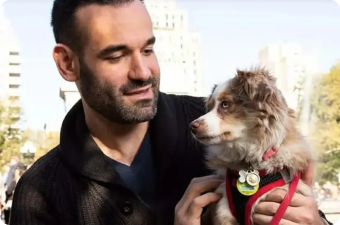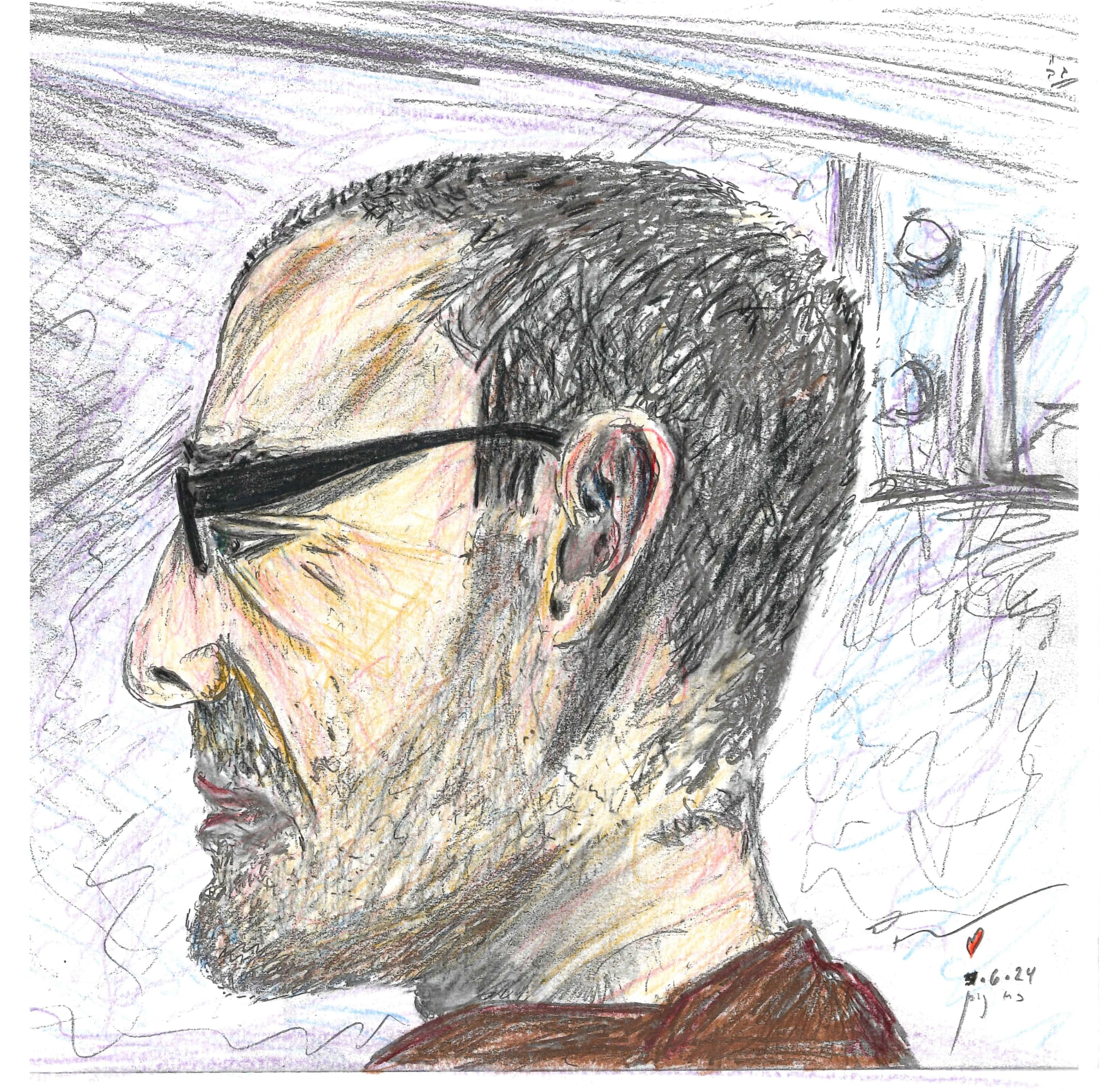Hi Friends, Hello from FCI Miami where the geese and birds had babies and are training them around the lake. It’s pretty cute, and an unexpected joy to watch.
A few quick Torah thoughts for this week: I’ve been learning Bava Bathra (Basra), a tractate of Talmud that deals largely with architectural & civil planning laws, together with Pirke Avot, which deals with interpersonal behavior.
1. The Vilna Gaon shares an interesting crossover between them. Bava Bathara 23a teaches that if someone owns the fields surrounding your field, and puts up fences on 3 sides of your friend, if you add a fence on the 4th side, to fully-enclose your field, you must split the cost of all 4 fences, because now we know you wanted the other 3 fences. Pirke Avot tells us (4:29) to watch our behavior because you are born against your will, live against your will (at times life isn’t what you’d like it to be), and die against your will.
The Vilna Gaon says people might ask, “If I didn’t choose to be born, why must I be responsible for how I act?”
and explains that just as in Bava Bathra where we put up the “4th fence”, by fighting to stay alive, we prove we really wanted the other 3 boundaries (to live, to have challenges, to be mortal), so we are responsible.
2. Bava Bathra 4a explains, when deciding who owns some errant doves, that doves do not fly far from their dovecotes. Reb Chaim Berlin explains that King Solomon compares the Jews in Song of Songs to doves, and calls them beautiful twice (“Behold, you are beautiful; Behold, you are beautiful; Your eyes are live doves.” 1:15)
to explain that even when a Jew strays far from G-d, they are never so far they cannot return.
3. In this week’s parsha, the Torah discussed the concept of Tzaraat, which is commonly translated as leprosy, but, Rabbi Sacks explains, surely is not a medical illness as it is not contagious and effects physical objects, too.
It is a punishment for Lashon Hara (gossip, even though the facts are true) and other disparaging talk and illicit behavior. It is given progressively, first on a persons’ property, then clothing, then skin. (The sages explain that Moses’ arm turning white, was G-d punishing him for saying the Jews would not believe him.) Rabbi Sacks explains that just as gossip, even when truthful is meant to ostracize a person from a community, the punishment is a disease that makes someone want to stay outside and then *requires* them to do so. Just as the gossiper meant to push someone out of the boundary of the community or group, they are pushed out. Maimonides explains that Lashon Hara, truthful gossip (Deot 7:2), is one of the greatest sins — worse than murder, idolatry…
because it can push people out and lead to that. The 2nd Temple, in fact, was destroyed because of it. It is easy to see in prison, a microcosm of the world in some sense, how a bit of gossip can tear apart a community, truthful or not. However, by the same token, the power of kind and caring words can unite people even after harsh disputes and profound disagreements.
Shabbat Shalom. G-d willing we spend it in freedom.
Ari


